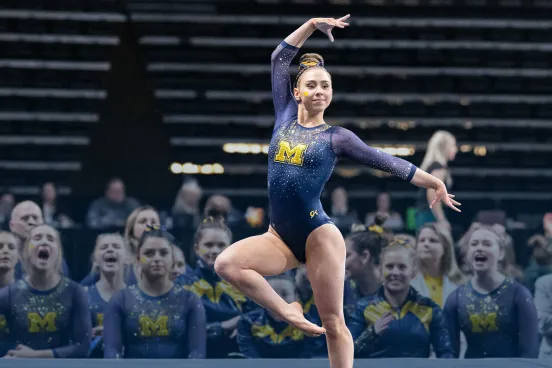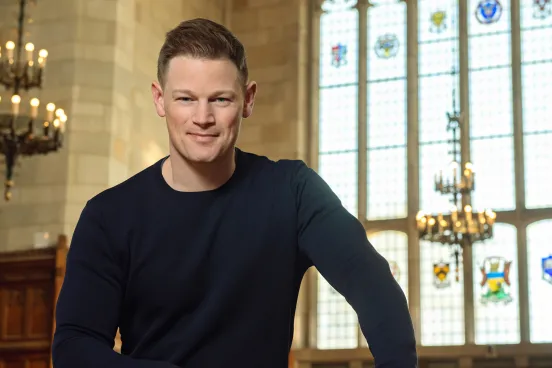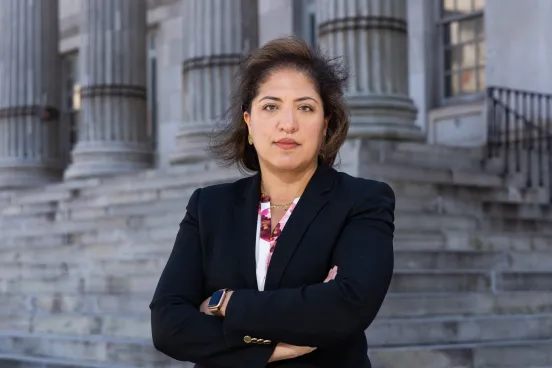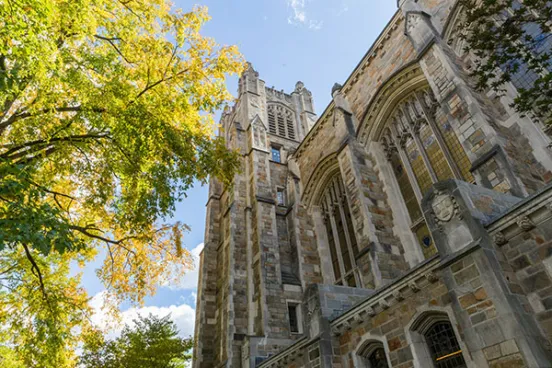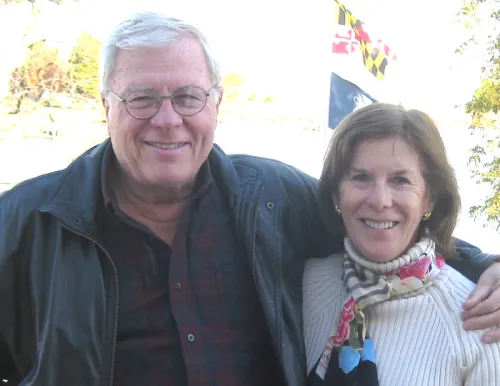
Even before their first 1L class, Lynda and Joe Zengerle were an anomaly among their classmates.
At home in Washington, DC, they took a call from the Law School’s admissions office, wondering why Lynda’s enrollment deposit check was doubled. Because men and women were admitted from separate lists, the identical last names and addresses hadn’t been noticed. When asked if they were brother and sister, “I said, ‘No, we’re husband and wife,’” Joe says. “And the dean said, ‘I think that’s a first in the history of the Law School.’”
The Zengerles, ’72, had been newlyweds when Joe, a West Point graduate, shipped off to Vietnam. He recalls arriving in Ann Arbor with Lynda in their secondhand Volkswagen, “Sweet Caroline” playing on the radio. “We had lived an ocean apart. While I was in Vietnam, Lynda was at the State Department in Washington, a city that was burning because of King’s assassination. There were machine guns on the lawn of the White House. In Ann Arbor, we felt free.”
Thanks to a stroke of luck, they wound up in the same section. They took every class together except one—not by design but because they had the same interests. In those classes, they sat side by side. They befriended many classmates and faculty, too—even participating in a faculty supper club.
Beyond studying and socializing, they sharpened advocacy skills that stick with them today. Upset that bureaucratic delays in discharging him from the Army meant that they weren’t able to move to Ann Arbor in time to qualify for in-state residency, Joe unsuccessfully lobbied Law School and University administrators before contacting their state representative.
“We then got a call from the U-M vice president for finance saying we didn’t have to write our congressman, they’d be happy to give us in-state status,” Joe recalls. “That’s when Lynda said, ‘We don’t want it just for us, we want it for all veterans.’” The administration agreed.
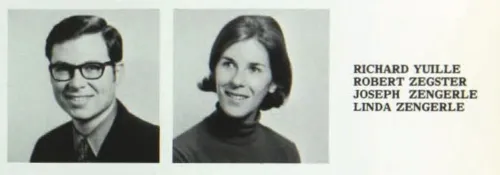
As much as they both enjoyed law school, they had different reasons for being there.
Lynda’s was born from watching the mob hurling insults at “the Little Rock Nine,” Black students desegregating a white high school. (“Who can stop this?” she asked her father of the protestors. When he replied, “Lawyers,” 13-year-old Lynda said, “Then I want to be a lawyer.”)
As for Joe, the most impressive woman he’d ever met was going to go to law school. Contemplating his future after returning from Vietnam, “I just wanted to be with my wife,” he says, “so I decided to go to law school, too.”
While their motivations were different, they have each made their mark on the legal profession.
Lynda worked for Antonin Scalia when he chaired the Administrative Conference of the United States, and he tapped her to write a proposal to reform immigration law. “I didn’t know enough to say no,” she laughs.
It’s a good thing she didn’t: The Conference’s plenary session adopted her proposal without modification. Lynda then rose through the ranks to become a leader in immigration law practice, most recently as a partner at Steptoe & Johnson LLP in Washington, DC. “Initially I thought of immigration practice as the scourge of the Bar,” Lynda says. But Scalia was adamant that she had a natural gift. “He encouraged me to stick with it.”
In addition to a vibrant corporate immigration practice, where her clients included Honda, she did high-profile pro bono work, such as aiding Iranian asylum seekers who were in the United States during the 1979 revolution and Chinese nationals in the United States when China cracked down against protestors in Tiananmen Square in 1989.
An anomaly at Michigan Law, she became one in practice, too: As she raised her two sons, she first told Scalia, and later a firm’s hiring committee, that she wanted to work part time. Later in her career, she often brought her baby to her firm, prompting coverage in The Washington Post.
Joe clerked on the US Court of Appeals and the US Supreme Court—opportunities that he adamantly says Lynda should have had—before entering private practice. President Carter nominated him to become the first Vietnam veteran confirmed by the Senate to hold a civilian position in the Pentagon, as assistant secretary of the Air Force. Later he served as executive director of the Legal Aid Society of DC and in 2004 founded the Clinic for Legal Assistance to Servicemembers at George Mason University Law School, the first of its kind.
Now more than 50 years removed from those halcyon days in Ann Arbor, Lynda and Joe remain as steadfast a team as ever—and steadfast supporters of the institution they love. They have been loyal donors to the Law School Fund since soon after graduation, including a large gift in honor of their 2022 milestone reunion. The reason is professional and personal.
“The Law School opened the life of the mind,” says Joe. “It unlocked a voracious appetite to ask and find answers to hard questions.”
In addition, “It was a time in our lives that was truly magical,” says Lynda. “Why do we give? It’s simple: How could we not?”


